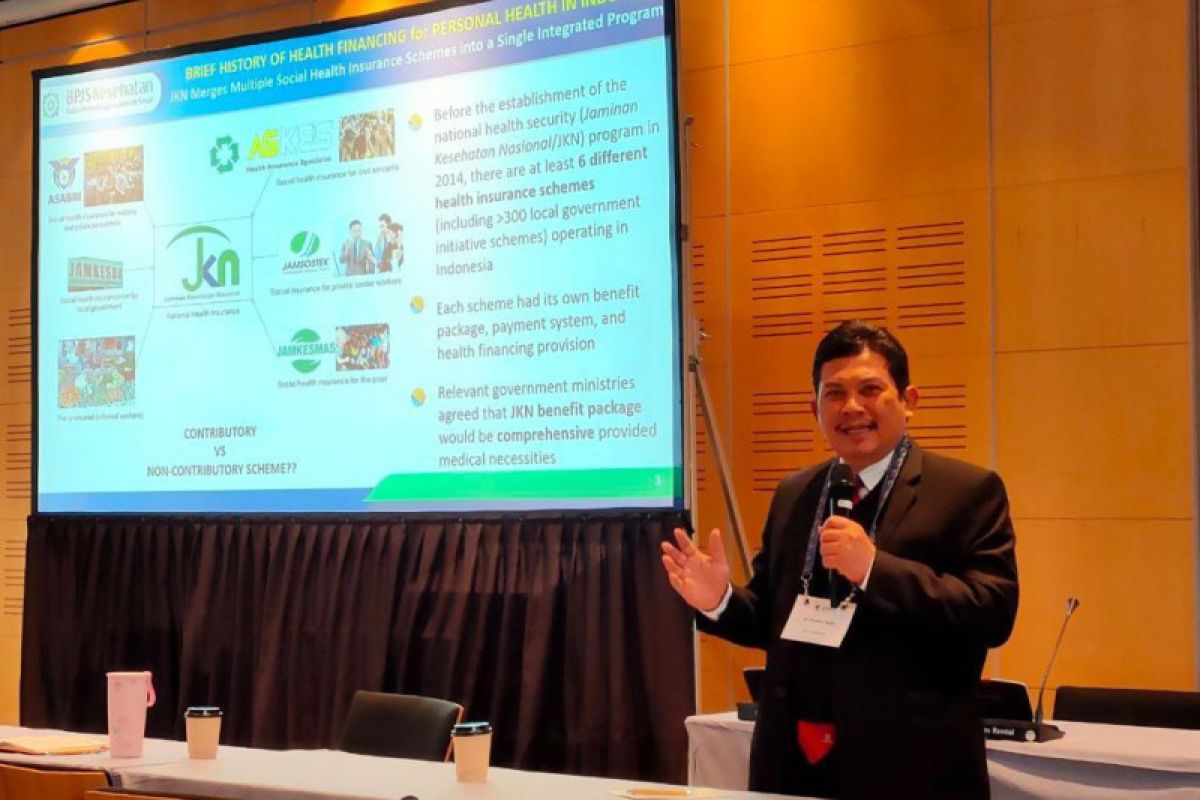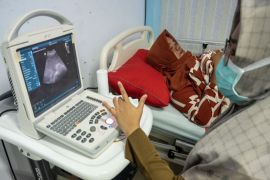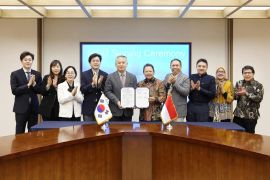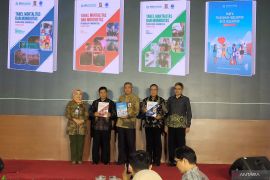"Approaching 10 years of JKN Program implementation, the government keeps the strong political commitment to achieve UHC. Over the past 10 years, BPJS Kesehatan has gone through various processes that form a mature JKN ecosystem. The JKN program can be said to be one of the manifestations of mutual cooperation in Indonesia, because the health financing system is carried out through an integrated scheme," explained Ghufron, in a session at the Cape Town International Convention Center, South Africa, Sunday (09/07).
Ghufron further revealed that the JKN program is an example for other countries because it has the most participation and the fastest UHC achievement in the world for one integrated scheme. Even though at the beginning of the implementation there were challenges in terms of program financing capability, BPJS Kesehatan was able to adapt to various policy changes and produce various innovations and service improvements to increase the sustainability of the JKN Program.
"Even though the utilization of the program has increased or rebounded after the Covid-19 pandemic, this program still have a healthy financial condition. There is no longer any debt to the hospital, even BPJS Kesehatan provides down payments for services to maintain hospital cash flow. Recently, we also adjust and increase health service rates," said Ghufron.
To achieve quality UHC, BPJS Kesehatan is also undergoing a transformation of service quality because as a public service agency, it is required to always improve service quality. BPJS Kesehatan started by carrying out structural and cultural transformations. Apart from that, BPJS Kesehatan will also encourage adjustments to the JKN program policies or revisions to the Presidential Regulation regarding the National Health Insurance as an effort to improve health services and health financing for JKN participants, for example increasing health financing in rural areas.
On this occasion, Ghufron also explained that one of the challenges in achieving UHC is recruiting the informal sector workers who are relatively healthy and have uncertain income, but have barriers to access to health care facilities. Various strategies and programs are specifically dedicated to assisting the recruitment of this membership segment by carrying out advocacy to local governments with high fiscal capacity to guarantee residents who have not been registered. BPJS Kesehatan also implements Mapping, Sorting, Advocating and Registering (PESIAR) program in collaboration with village officials to recruite the participants.
The IHEA Congress is the only global forum for health economists to discuss the latest methodological developments, present the latest research findings and explore the implications of this research for health policy and practice. The IHEA Congress also features presentations across the spectrum of health economics. At the congress, a number of experts and observers of health financing from universities and world institutions were present.
Reporter: PR Wire
Editor: PR Wire
Copyright © ANTARA 2023












